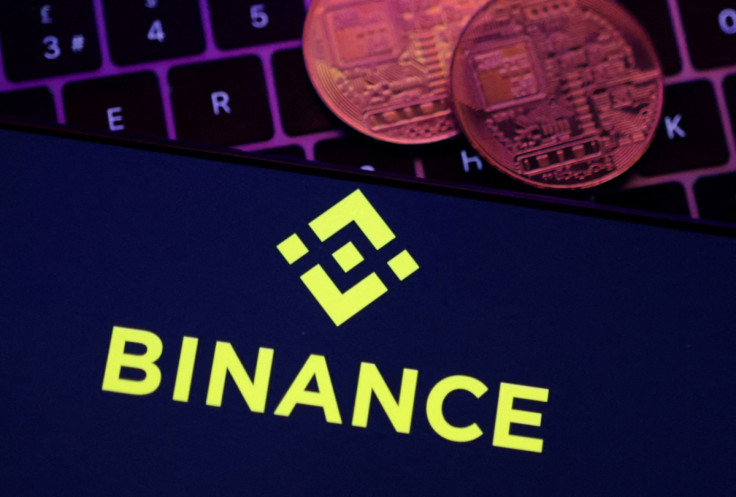Binance Challenges SEC In High-Stakes Legal Battle, Seeks Dismissal Of Fraud Claims

In a recent legal showdown, the U.S. Securities and Exchange Commission (SEC) reaffirmed its regulatory jurisdiction over specific cryptocurrency assets in a court proceeding earlier this week, as Binance, the world's largest centralized crypto exchange by trading volume, appealed to a federal for the dismissal of the SEC's ongoing fraud lawsuit.
Binance formally requested U.S. Judge Amy Berman Jackson to dismiss the lawsuit brought forth by the SEC, accusing Binance of rule violations and fraudulent activities.
This lawsuit stands as one of the final significant legal hurdles for Binance in the U.S.
On Monday, Judge Jackson refrained from delivering an immediate ruling from the bench, opting instead to deliberate the matter further before reaching a verdict.
In November 2023, Binance agreed to pay a whopping $4.3 billion in penalty to settle charges filed by the Department of Justice (DOJ) and the Commodity Futures Trading Commission (CFTC).
Along with this settlement is Changpeng Zhao's agreement to plead guilty to breaking U.S. anti-money laundering laws and stepping down as the chief executive officer of the crypto empire.
The settlement covers the charges filed by the DOJ and CFTC but unfortunately does not include the SEC's charges.
The SEC has leveled a comprehensive array of allegations against Binance, Changpeng Zhao (Zhao), and Binance's U.S. branch.
These allegations encompass a spectrum of concerns, including the accusation of artificially inflating trading volumes, and suggesting deceptive practices within the platform's operations.
Additionally, the major Wall Street regulator alleged that Binance misused customer funds, raising concerns about the management of user assets.
Furthermore, Binance is accused of failing to prevent U.S. customers from accessing its platform, potentially violating U.S. regulatory restrictions.
The SEC also contends that Binance deceived investors regarding its market surveillance capabilities, implying issues with transparency.
"Through thirteen charges, we allege that Zhao and Binance entities engaged in an extensive web of deception, conflicts of interest, lack of disclosure, and calculated evasion of the law," Sec chairman Gary Gensler said in a press release in June 2023.
"As alleged, Zhao and Binance misled investors about their risk controls and corrupted trading volumes while actively concealing who was operating the platform, the manipulative trading of its affiliated market maker, and even where and with whom investor funds and crypto assets were custodied," the SEC chair added.
"They attempted to evade U.S. securities laws by announcing sham controls that they disregarded behind the scenes so that they could keep high-value U.S. customers on their platforms. The public should beware of investing any of their hard-earned assets with or on these unlawful platforms," Gensler further noted.
Beyond these accusations, the regulator maintained that Binance unlawfully facilitated the trading of several cryptocurrencies that it deems unregistered securities.
A critical aspect of the SEC's case revolves around the classification of the crypto assets traded on Binance's platform, similar to the lawsuit filed by the regulator against Coinbase, another crypto exchange platform
The outcome of this case will hinge on determining whether these assets qualify as securities within the SEC's regulatory framework.
This determination holds substantial implications, not only for the cryptocurrency exchange itself but also for the broader cryptocurrency market.
It may set a precedent for how regulatory authorities approach the classification and oversight of digital assets, thereby shaping the future landscape of cryptocurrency regulation.
© Copyright IBTimes 2025. All rights reserved.






















